Readings of Christmas: Mass during the Night | Mass During the Day
I was thinking over the last few days about some of my Christmases past. I was trying to see if I could remember the gifts I had been given as a child. As hard as I tried, I couldn’t remember them specifically, but of course I did remember the happiness of the times. The joy of being with my family and the love that we shared certainly marked my memory of those Christmases. Over time, some Christmases have been wonderful, and some marked by sadness, especially after Dad died. That is how Christmas comes and goes throughout our lives, of course.
But the real revelation that I had while reflecting on those past Christmases is that we definitely sell Christmas short. Sure, we settle sometimes for the commercial, retail version of Christmas. If you love the people in your life, then you’ll gift them lavishly. Then we’ll all sit around the Christmas lights, eat a big feast, and sing some Christmas carols. And there’s nothing wrong with any of those things, of course, but that’s not the totality of Christmas.
The totality of Christmas is, quite frankly, overwhelming. Christmas is the beginning of the Incarnation, in which our God – God who is higher than the heavens and more glorious than anything we can think of – this God takes on our flesh, broken and flawed as it can sometimes be, and becomes one of us. In fact, he so perfectly assumed our humanity that although he never sinned, he willingly laid down his life for us, paying the price for our sins, the price of a tortuous, ignominious death on a cross. And far from letting death have the last word, God raised him up, gloriously throwing open the gates of the Kingdom for all to enter in.
That’s pretty awesome, but even that is not the totality of what Christmas is. Because here’s the kicker: are you ready? He did all that for you. Saint Augustine points this out in one of his sermons. He writes: “I tell you again: for your sake, God became man.
“You would have suffered eternal death, had he not been born in time. Never would you have been freed from sinful flesh, had he not taken on himself the likeness of sinful flesh. You would have suffered everlasting unhappiness, had it not been for this mercy. You would never have returned to life, had he not shared your death. You would have been lost if he had not hastened to your aid. You would have perished, had he not come.”
And if you think about it, we need this kind of mercy right now, maybe more than ever. The constant threat of terror overseas, and even here in our country. The nightly shootings on the streets of Chicago and many other cities. The degradation of real authority sparked by misconduct of politicians, police officers, teachers, and even priests.
Amid all of this mess, Pope Francis has called for a Year of Mercy. He, too, acknowledges the mess in the document that instituted this holy year. He writes: “How many uncertain and painful situations there are in the world today! How many are the wounds borne by the flesh of those who have no voice because their cry is muffled and drowned out by the indifference of the rich! During this Jubilee, the Church will be called even more to heal these wounds, to assuage them with the oil of consolation, to bind them with mercy and cure them with solidarity and vigilant care. Let us not fall into humiliating indifference or a monotonous routine that prevents us from discovering what is new! Let us ward off destructive cynicism! Let us open our eyes and see the misery of the world, the wounds of our brothers and sisters who are denied their dignity, and let us recognize that we are compelled to heed their cry for help! May we reach out to them and support them so they can feel the warmth of our presence, our friendship, and our fraternity! May their cry become our own, and together may we break down the barriers of indifference that too often reign supreme and mask our hypocrisy and egoism!”
What we have to see on this most holy (night / day) is that our God knew the flaws of human flesh, but he loved it so much that he came into it anyway so that it might be redeemed. He was well aware of our brokenness, but he came into it anyway that he might bind it up and make it whole. Becoming one of us, he was in a powerful position to pour out his great mercy, taking his creation one step further by making it fit for heaven. And, as Saint Augustine points out, he did that for you.
That is Christmas. It’s the best and really only reason for us to celebrate so joyfully every December the 25th. God’s mercy is what makes us who we are, what defines us as a Church and as a people. The story of Christ’s Incarnation is what makes us a living sign of God’s mercy in the world. That is who we really are, despite the world’s attempts to define us as something less. The great gift of God’s mercy shines glorious light into every dark corner of our world and of our lives and calls us broken ones to redemption and healing and joy.
It’s crucial for us to live that mercy and not accept what others want to make us. If you’re joining us for the first time tonight, or if you’re visiting family, or if you came here looking for something more for Christmas, then we welcome you and we hope that you experience Christ’s presence among us. We hope that you find in your time with us and with the Lord (tonight / today) a desire to go deeper in life and find the meaning of it all. Please know that we would be glad to help you in that journey, and come to one of us on the parish staff, to point you in the right direction. If you’re an active member of our parish family, then I hope the message that you receive (tonight / today) and your encounter with Christ in this moment leads you to a desire to share Christ’s presence with others.
The Incarnation – the birth and personhood of Jesus Christ – along with his Passion, death and Resurrection, changes everything. When we all rediscover God’s mercy, the Incarnation can change us too, so that we may then go out and change the world around us. When that happens in us, the angels will sing just as joyfully now as they did on that most holy night. Glory to God in the highest, and on earth peace to people of good will!
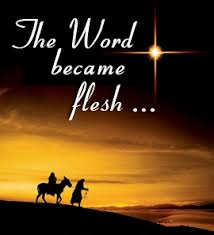
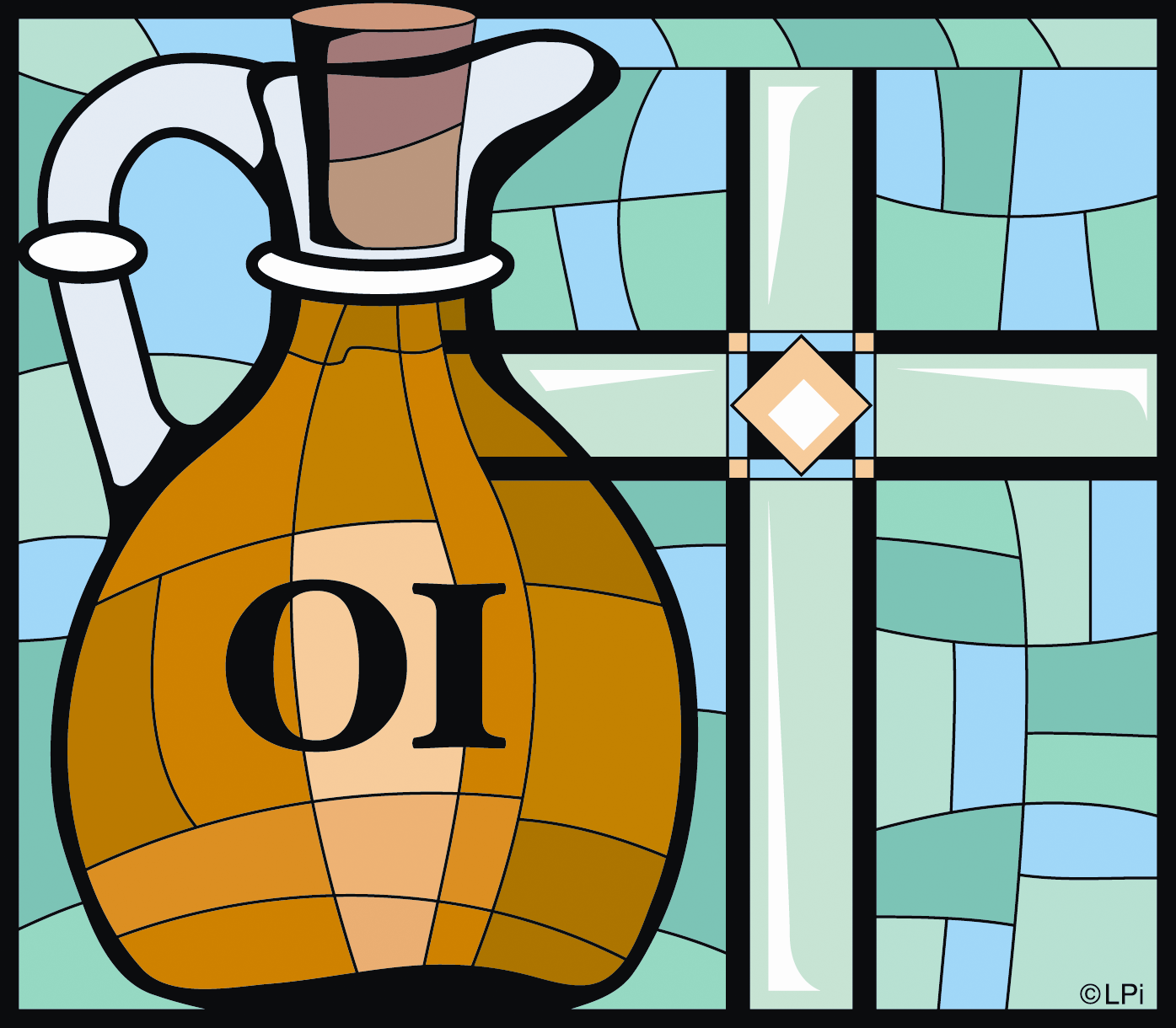
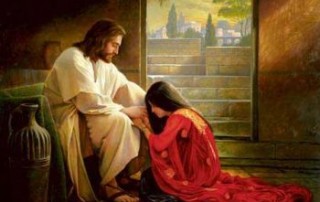


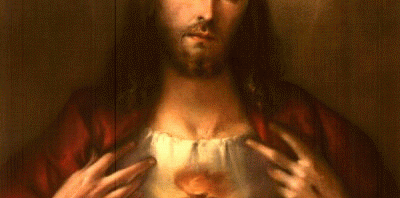
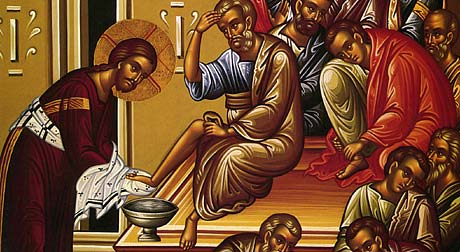


You must be logged in to post a comment.